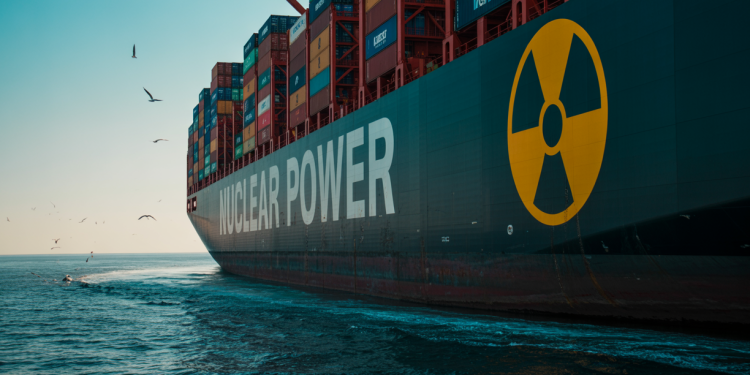June 27, 2025

The International Maritime Organization (IMO) has formally agreed to start the revision of outdated regulations for nuclear-powered ships.
The 110th session of the IMO’s Maritime Safety Committee (MSC 110) has heard proposals from several Member States and NGOs calling for a revision of the Code of Safety for Nuclear Merchant Ships and relevant parts of the SOLAS Convention.
A working group at MSC 110 prepared instructions for relevant sub-committees to initiate the revision and on 26 June MSC 110 assigned this task to the Sub-Committee on Ship Design and Construction (SDC), requesting SDC to start this work at the next session if possible.
The next session of SDC is scheduled for January 2026.
Furthermore, a key part of the instructions for SDC when updating the Code of Safety for Nuclear Merchant Ships (Resolution A.491(XII)) is to ensure it is not limited to designs of Pressurized Water Reactors (PWRs) with direct steam cycle propulsion systems, but adequately address recent advances in new nuclear technologies and the All-Electric-Ship concept.
During a presentation by the World Nuclear Transport Institute (WNTI) to MSC 110, just after IMO Member States had agreed that revision of the Nuclear Code should go ahead, Mikal Bøe, CEO, CORE POWER, thanked the IMO delegates for their support and welcomed closer links between the global maritime regulator and the International Atomic Energy Agency (IAEA).
This means that we can move forward to create the international framework that governs the safety and security of civilian nuclear shipping
.. Mikal Bøe highlighted.
Later this year, the IAEA will formally launch the Atomic Technology Licensed for Application at Sea (ATLAS) project, which aims to facilitate the regulatory frameworks needed to deploy needed to deploy nuclear propulsion and floating nuclear power plants.
To remind, on 29 May, Rafael Mariano Grossi, Director General of the International Atomic Energy Agency (IAEA), met with leading Greek shipowners and government officials in Athens to discuss the future of nuclear-powered commercial shipping due to its significant share of the world’s commercial fleet.

